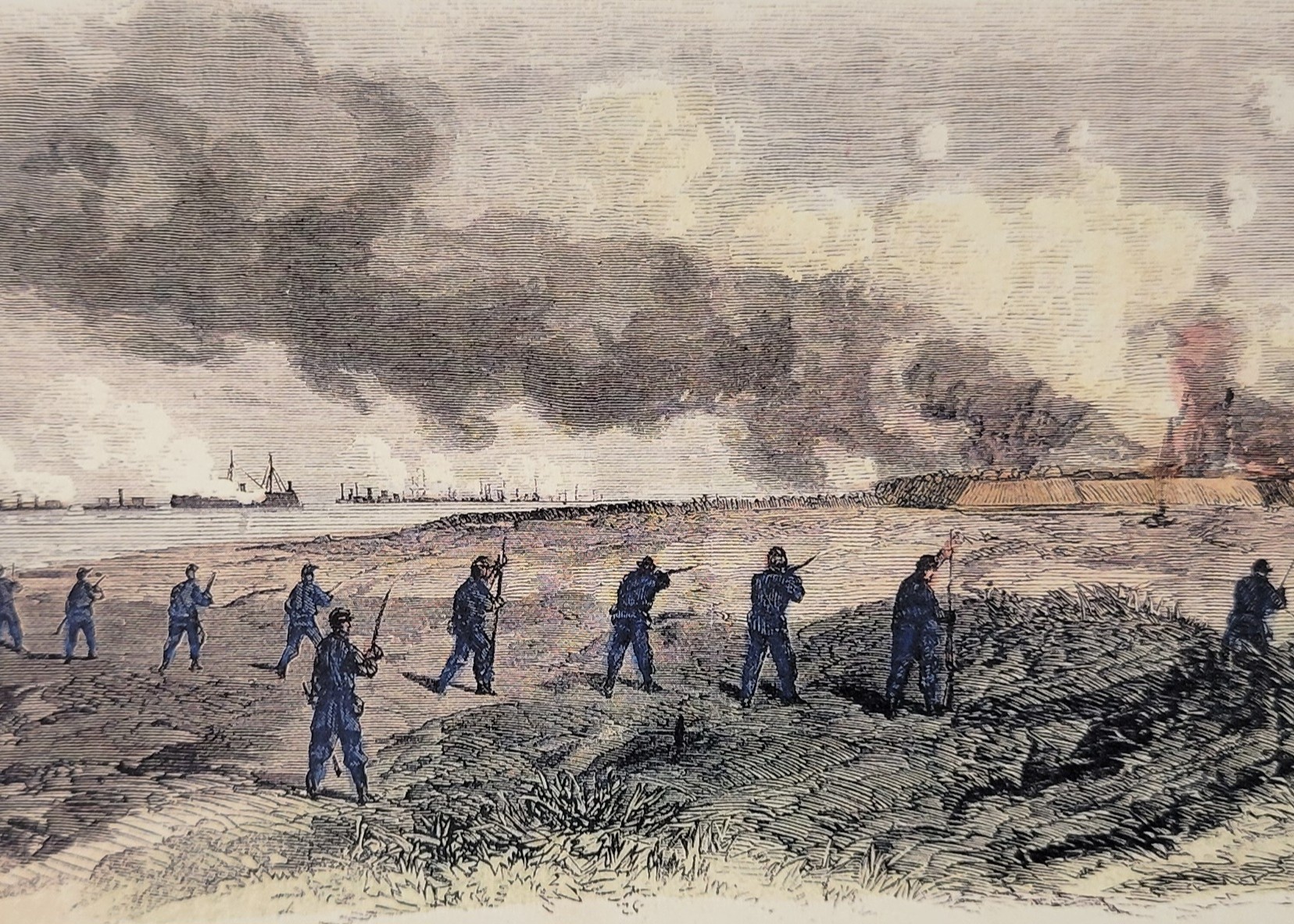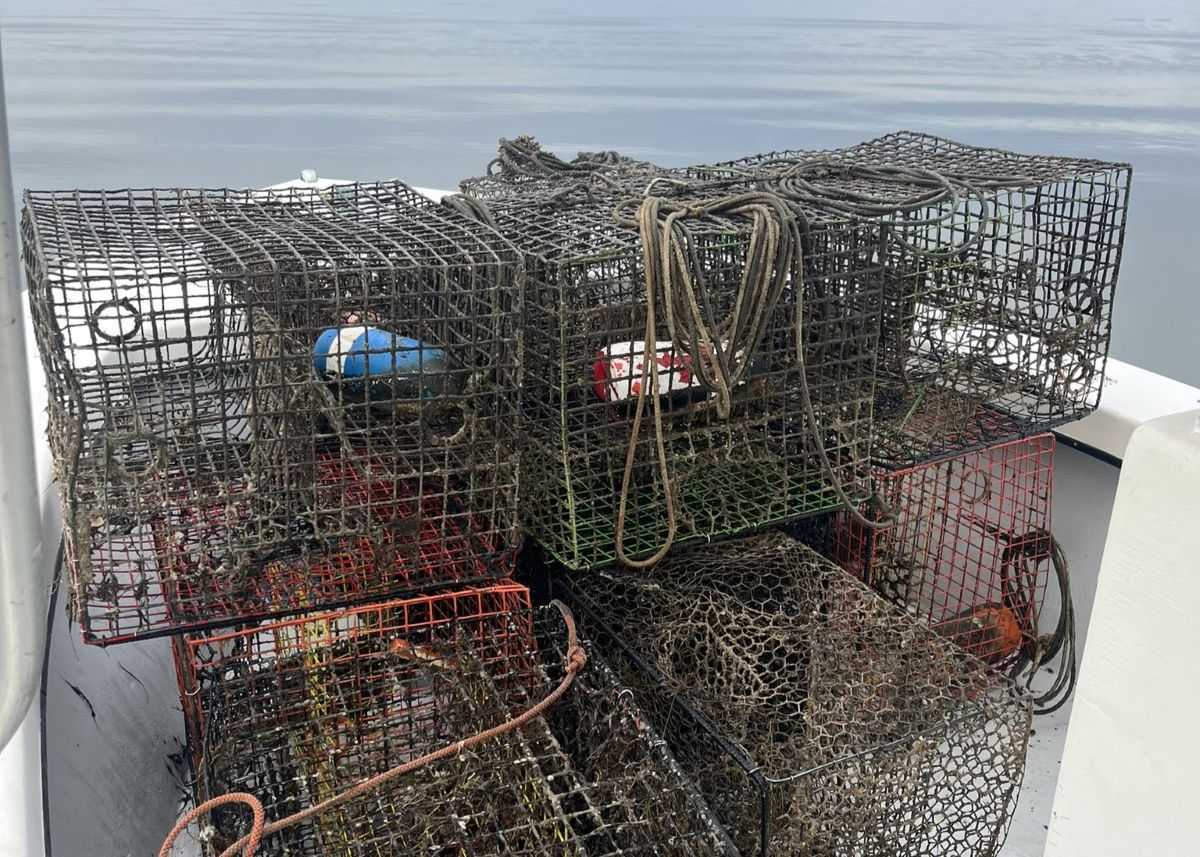
North Carolina State University researchers will use a five-year, $7.4 million grant for a center to study exposure to a group of chemicals known as PFAS.
The university announced Wednesday that funding from the National Institute of Environmental Health Sciences, or NIEHS, Superfund Research Program will be used to establish the Center for Environmental and Human Health Effects of Per- and Polyfluoroalkyl Substances, or PFAS.
Supporter Spotlight
Carolyn Mattingly, professor and head of the Department of Biological Sciences at N.C. State, will led the center, where N.C. State and East Carolina University collaborators will study PFAS toxicity, bioaccumulation, mechanism of action and remediation.
The researchers also are to develop new ways to detect these compounds, train the next generation of environmental health researchers, as well as build partnerships with government and community stakeholders to educate the public and advance the protection of human health.
“PFAS are emerging as a major public health problem not just in North Carolina but across the U.S.,” Mattingly said in a statement. “Despite increasing evidence that they are found ubiquitously in the environment, we don’t know much about their toxicity, routes of human exposure or remediation strategies. This grant builds on a body of work by our team and will further establish NC State and our partners at ECU as leaders in understanding and preventing PFAS exposure.”
There are around 5,000 known PFAS, a group of chemicals used to make consumer and industrial products more water, stain and grease resistant, that can be found in a range of products such as cosmetics, textiles and firefighting foams. The PFAS class also includes fluoroethers such as GenX, which is a manufacturing byproduct that has been emitted into the air and through wastewater discharges, according to the university.
N.C. State and Environmental Protection Agency scientists reported in 2016 high concentrations of fluoroethers in the Cape Fear River, the drinking water supply of more than 200,000. Those exposed to PFAS for several decades asked questions about the toxicity and how to reduce exposure, which this new center intends to help answer.
Supporter Spotlight
NC State co-investigators include deputy director Detlef Knappe, Erin Baker, Morton Barlaz, Scott Belcher, David Buchwalter, Denis Fourches, Jane Hoppin, Seth Kullman, Katlyn May, David Muddiman, Antonio Planchart, S. Ranji Ranjithan, David Reif, Robert Smart, Nicole Wilkinson and Jeffrey Yoder. ECU co-investigators include Jamie DeWitt, David Collier and Suzanne Lea. Community partners include Cape Fear River Watch, Sustainable Sandhills and the Haw River Assembly.







